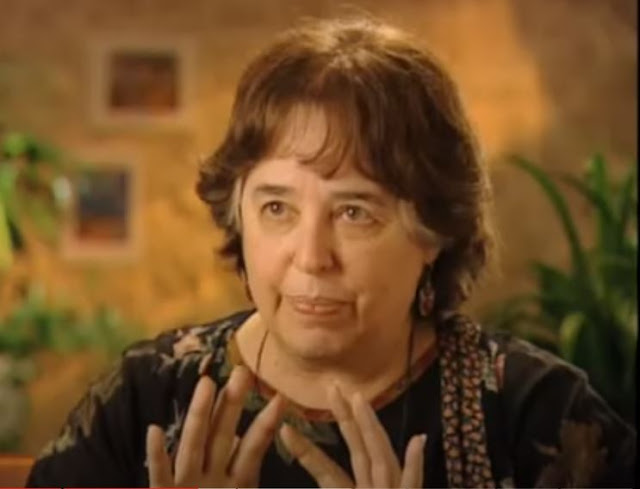THE INSPIRING JANE YOLEN
A few weeks ago, I received an email from SCBWI (Society of Children's Book Writers and Illustrators) announcing an interview with Jane Yolen, author-extraordinaire.
In a word, Jane was inspiring. As I listened to the interview, I discovered she is down to earth, prolific, and gifted. At the age of eighty-four she's still writing, submitting, and publishing. She works on an assortment of projects—a short novel, a musical, a possible TV series, and some songs for folk and rock groups. She revises old picture manuscripts until they are salable.
I'd like to share Jane's thoughts and philosophy about writing with you.
When asked about the requirements of a picture book, Jane replied there has to be an arc and the story has to touch the heart of a child. She also reminds writers to think visually about the illustrations and page breaks as they compose their stories. Jane says page turns can be an uncompleted sentence that gives young ones moments of suspense that build up into a large moment.
Jane tells us a picture book may take 20 minutes or 20 years to write. More, Jane revealed that some editors turned down her manuscripts, whereas others picked them up and they became successful children's books—that gives us hope, doesn't it?
Jane has advice on writer's block: There's no such thing as long as you work on multiple projects.
She comments on writing in general and tells us: Don't be afraid of ideas—if you work at it, you will have many, many ideas for stories. Don't be afraid of hard work. Don't forget the writing part is only the beginning—you have to think of the business end: who's looking for what, what are the current themes, is this a story you can legitimately write, is this a story that has been told too many times before, is this is a story that's new and nobody has told it and if not, why not.
She asks us to remember: It all starts with WHAT IF? Then...you have to show up and have the guts to write the book. Janes says, "And the time? Well no little time fairy is going to drop a package of it on you. You have to take time. Steal it by the bucketload from the rest of your life. Be selfish. Ignore lunching with friends until the work gets done. Just write the damn book."
The process of writing still feels magical for Jane. Every time. Isn't that how we writers should feel?
I invite you to learn more about Jane: https://www.janeyolen.com/about-site/ I hope she'll inspire you, too!
✌ and ♥




















